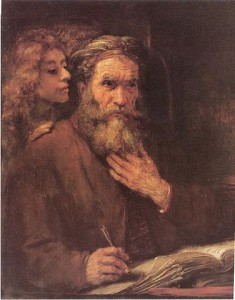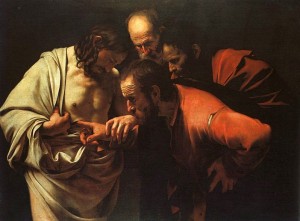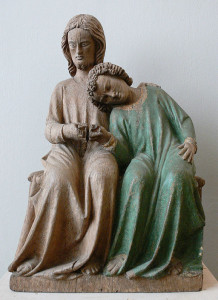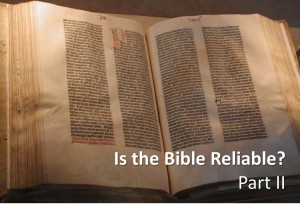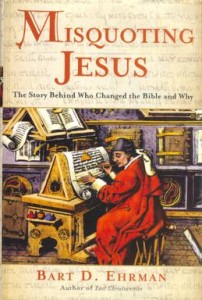 This is the last in our series of posts sharing Ben Witherington’s critiques of Bart Ehrman’s work. Today, we share a critique of Misquoting Jesus: The Story of Who Changed the Bible and Why.
This is the last in our series of posts sharing Ben Witherington’s critiques of Bart Ehrman’s work. Today, we share a critique of Misquoting Jesus: The Story of Who Changed the Bible and Why.
I have to ask the question: Does Bart Ehrman have any original thoughts? This book, like his others, contains many criticisms that are old, as well as busted. Misquoting Jesus asserts that belief in the divinity of Christ, as well as many other core tenets of Christianity, are basically the result of scribes altering the original texts over the centuries, either intentionally or unintentionally. Continue reading



